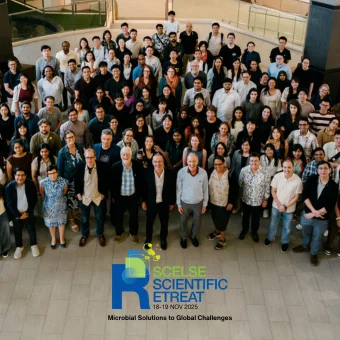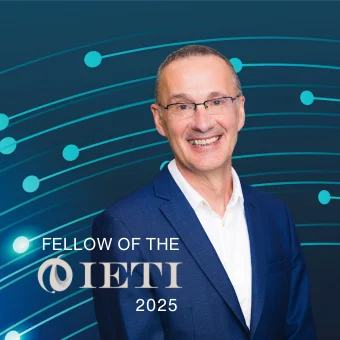100 days in the office as SCELSE's centre director - Prof Alain Filloux
- Featured
- 02 Feb 2023
A marathon runner, a scientist with a stellar career, and now SCELSE’s centre director and NTU professor – here’s a 10-question feature on Prof Alain Filloux. Watch the video or read the text below to get to know SCELSE’s new centre director as we mark his 100-day in office with this introduction.
- Tell us about your hobbies.
One of my main hobbies is running because I think the work we do is really demanding and we need a little bit of breathing space. I’ve been running about 25 marathons all over the world. Once you get older, you cannot go faster, so you have to go longer *laughs*.
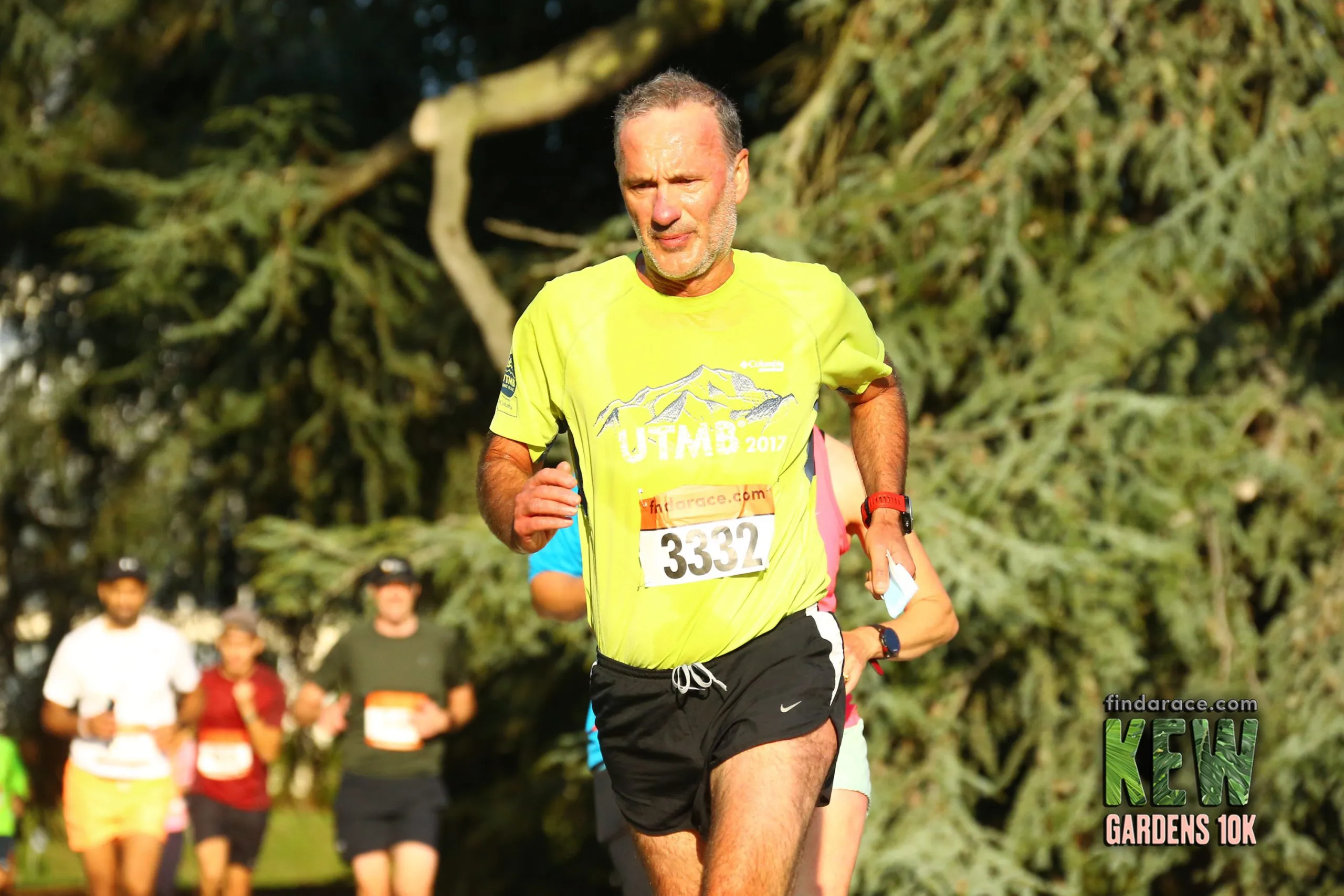
2. How old are you?
I’m 61 today.
- Tell us a bit about your family.
The family is a big thing. And being here in Singapore made me realize that I don’t see my family enough. I have two daughters, 36 and 34, and three grandchildren, six, four and two.
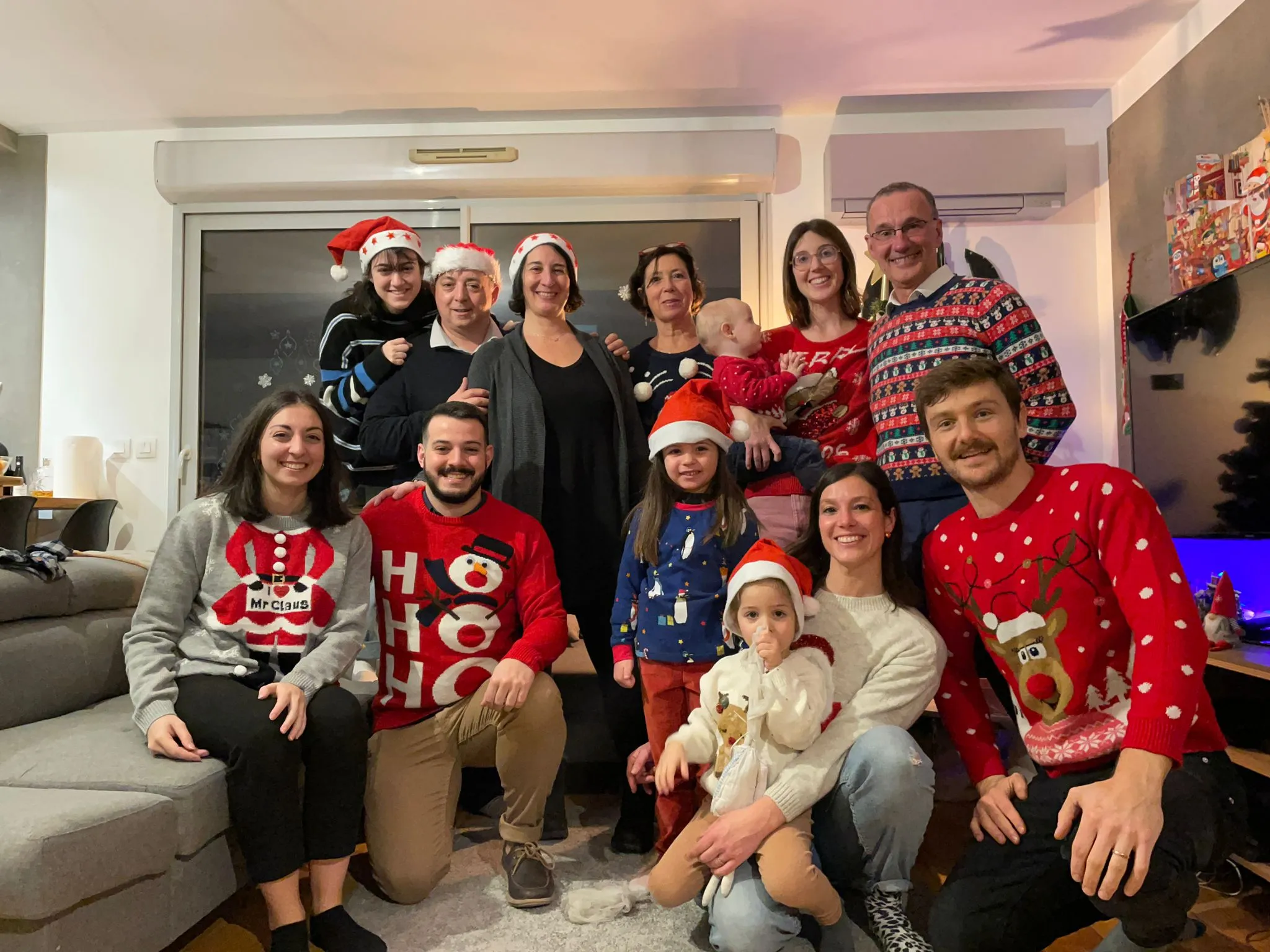
- Are you the only scientist in your family?
I am the only scientist in my family. My sister is a doctor, so you can say it is almost the same thing, but of course it’s not scientific research.
- Could you tell us a little about your childhood and how it inspired you to become a scientist?
I started biology at university based on my enthusiasm about evolution/Darwin and then I progressively went further. I started to work on understanding the basic principles of life. And that’s what took me to microbiology because I wanted to understand how a cell/bacterium works.
That’s how I decided to do microbiology and I got my Ph.D. My Ph.D. was inspired by one of the professors I had worked with -Andrée Lazdunski. She gave lectures on how proteins were transported across the bacterial cell envelope. And I was fascinated! And because I was a good student at that time, she got me into the lab.
At the end of my Ph.D., I went for a post-doc in the Netherlands, and I was lucky enough to be mentored by Jan Tommasen at that time. He was incredibly inspiring. He was really rigorous, curious and was always asking lots of questions. I really had an excellent time in the Netherlands. The mentorship was fantastic and that inspired me to try for an academic position. So that’s how I started my career.
- Tell us about your career before coming to SCELSE.
When I was a post-doc in the Netherlands, my wife thought that it was timely to return to France. So, I applied for a position at the CNRS where my former Ph.D. supervisor was, and I got the job! CNRS is the National Center for Scientific Research in France and I started my career there as a researcher.
I was in CNRS for 12 years… I went up the scale and became the research director and director of a research unit. Then came the opportunity at Imperial College in London for the director position of a center called the Center for Molecular Microbiology and Infection. I then became a professor at Imperial College in London.
My London career and time have been fantastic. I really loved that 15-year experience. Then, this position at SCELSE opened. So, I asked my wife if she could live in Singapore, and she said yes. I applied and got the job!
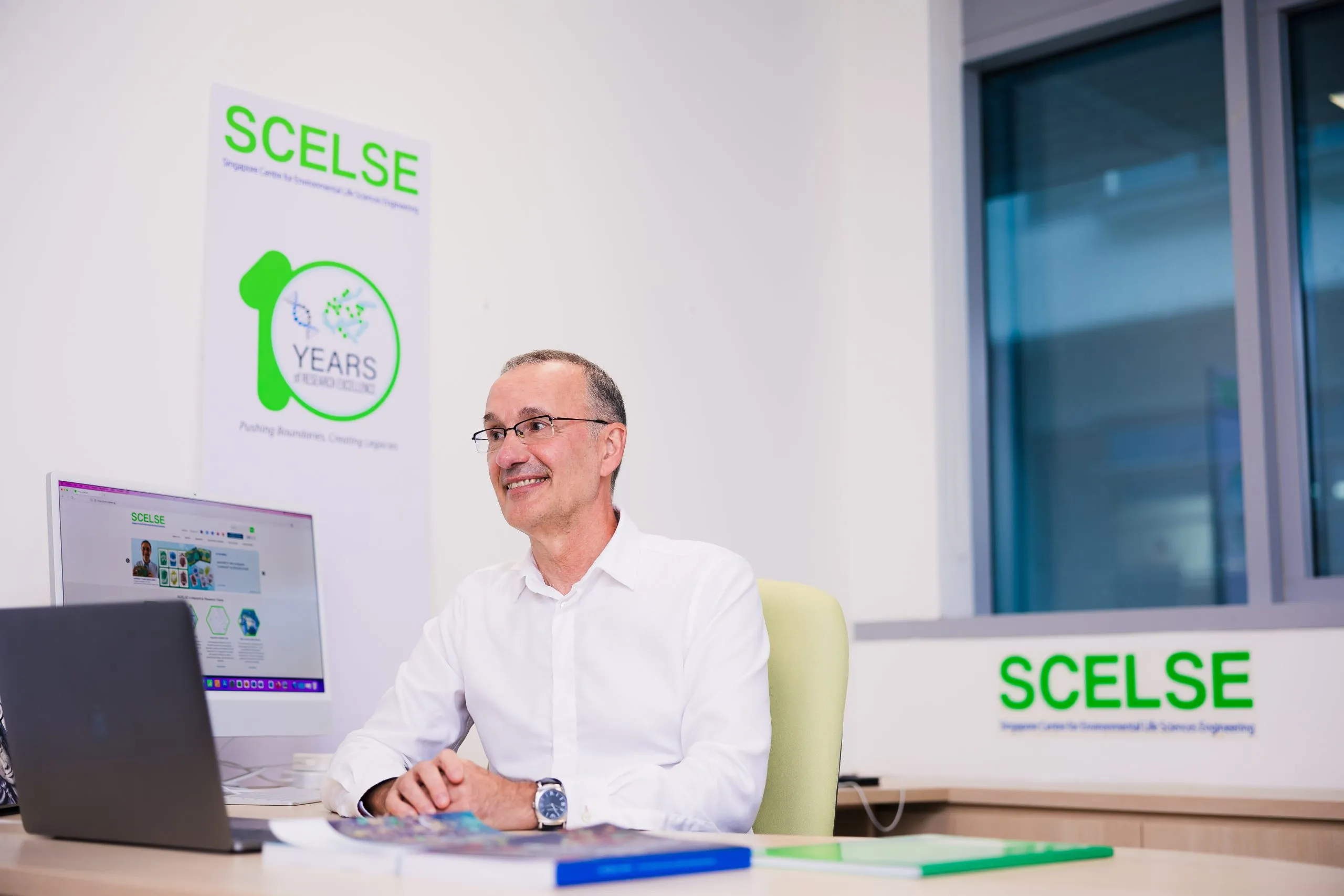
- How did you meet your wife?
I met my wife, Cathy, at high school. She was even more relaxed than I was myself then. I thought, “She is really cool and really nice.” We ended up getting married pretty much later on.
Catherine is her formal name, but she’s called Cathy and that you can say – it’s easier than Alain!
- What gives you the greatest satisfaction at work?
The little period where you get this incredible boost of happiness when you’ve got a big paper or made a big discovery, or got a big grant. To me, the most rewarding thing is helping my team get that!
I get really excited when I have my PhD student excited, or make a big discovery or make my postdocs or any of my staff happy.
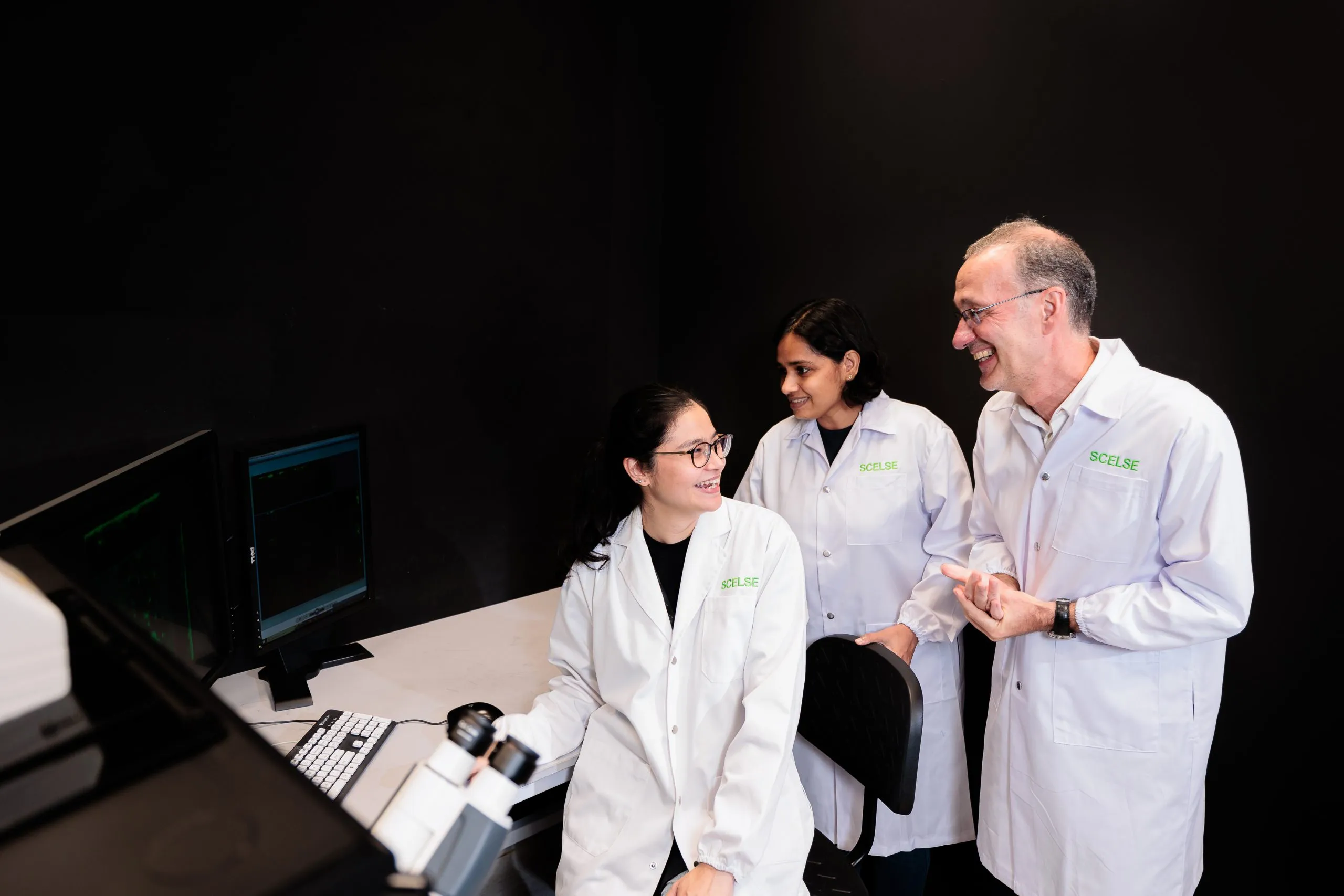
- What do you want staff to bring to your office?
Whatever, as long as they don’t bring any problems *laughs*. But that’s not always the case. Most of the time, when people come to see you is to report a problem or try to get support, which is fine. I mean, that’s our job.
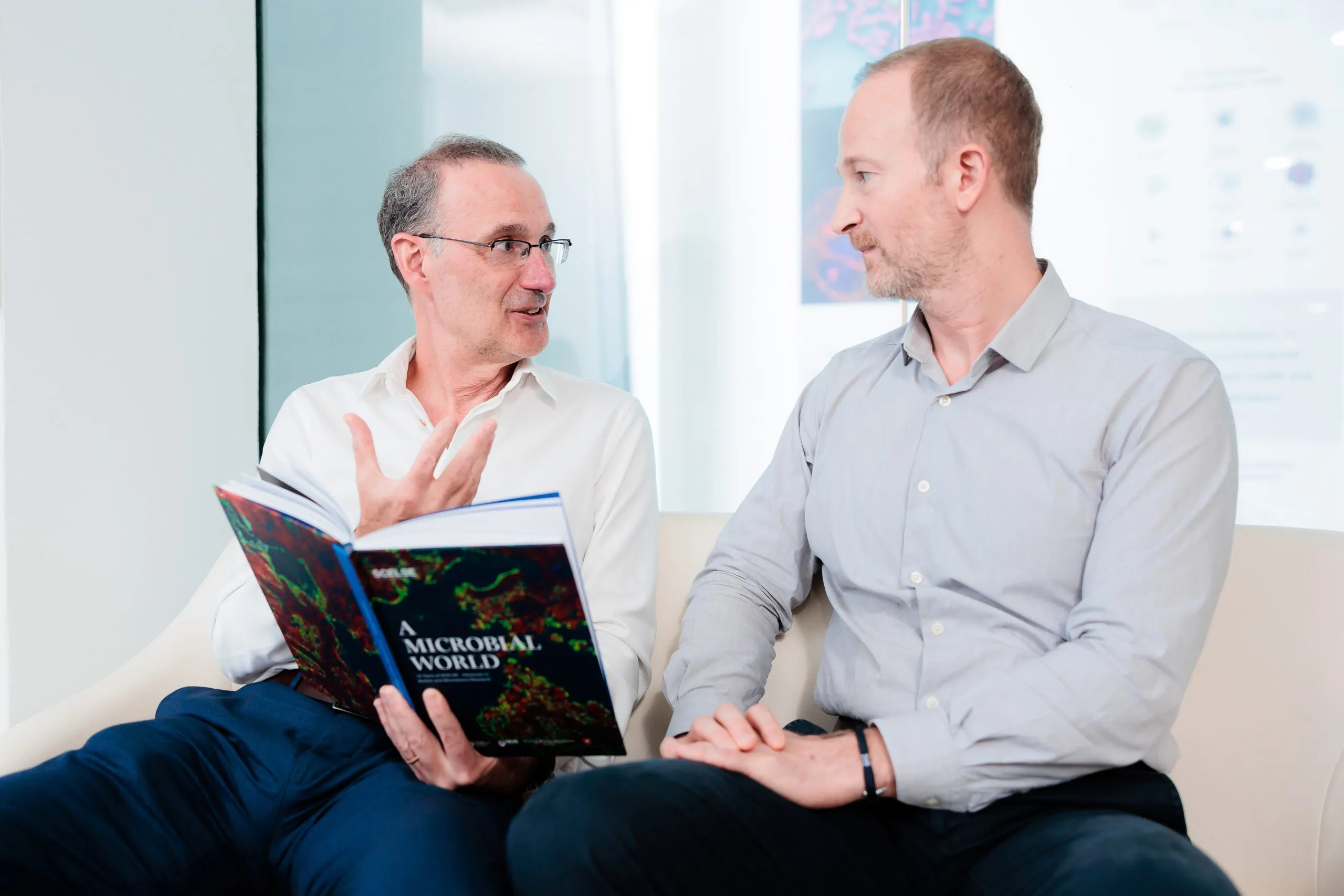
But yeah, I love people coming in to meet me, especially now that I am the director and I feel sometimes disconnected from my staff. To me, it is important that they come into my office and have a chat. I really like that and I encourage people to do that as much as possible.
- What motivates you?
Motivation has changed with age and changed with the job.
Every day is a different day. There is not a single day where you do the same thing. That’s the very nice thing about our job – that we are scientists, we communicate, we plan the science, we write about the science, we teach, we educate, we manage, we do so many different things.
The most exciting part of the work remains the science. I’m a molecular microbiologist. I do a lot of basic biology, and I always think that the very, very start of anything is to understand things. If you don’t understand things, you cannot translate that into intervention or application.
So, you need this drive to understand biological mechanisms, so that you are in a better position really to try to influence and to attract stakeholders to get interested in what you do.
Any final words for SCELSE members?
I think what I want to say is to everyone is that whatever you do in any role, whether you are a student, staff, director, administrator, PA, everyone is part of the centre and what matters most is the centre.
We are all in the same boat. We are all in the same adventure. And the boat moves only if everyone is contributing to it – that is important.
To the Ph.D student, I understand that every piece of work is hard in terms of expectations, delivery and career plan. When you do a Ph.D., you don’t know where you will go. But being a Ph.D student is really important.
Every project is essential and important. There are no projects that are more important than the other. Some may be prioritised over others at some point in time, but overall, all the projects – be it from my staff or student- are important, at least in my eyes.
Related News




